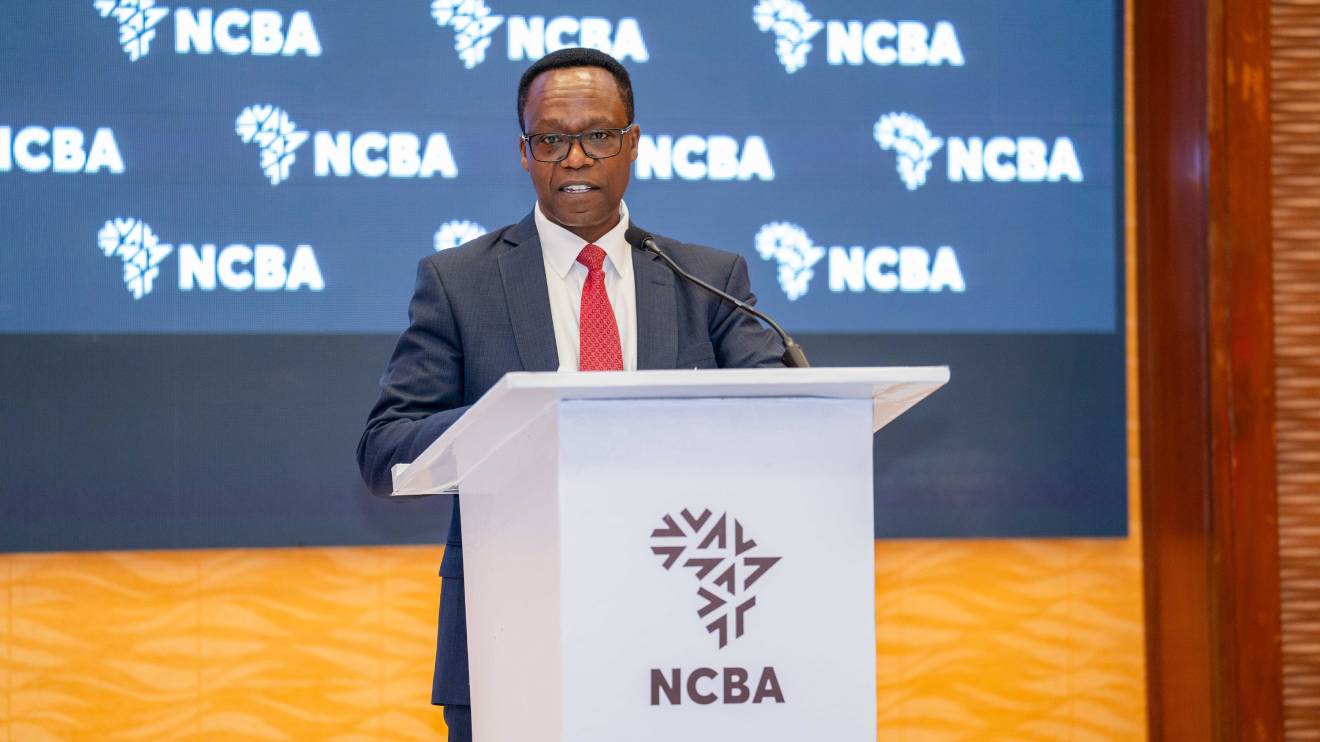Kenya’s private sector is staring at a challenging year ahead, with high taxation, rigid government policies, and restricted access to capital emerging as the biggest threats to business growth in 2025.
According to the latest Kenya National Chamber of Commerce and Industry (KNCCI) Business Barometer Report, entrepreneurs across various industries are struggling to stay afloat as economic pressures mount.
The report reveals that 29.0 per cent of businesses cite excessive taxation and unfavourable government regulations as their biggest setbacks.
The second most pressing challenge—affecting 23.4 per cent of respondents—is the difficulty in accessing capital, making it harder for businesses to expand or even sustain operations.
But the financial strain is only part of the problem. 16.1 per cent of businesses are battling market instability, with rising competition, dwindling customer purchasing power, and fluctuating demand weighing them down.
Read More
At the same time, supply chain disruptions (12.1 per cent) and labour shortages (8.1 per cent) have added another layer of complexity to their struggles.
Climate change has also emerged as a concern, with 6.5 per cent of businesses highlighting the impact of natural calamities on their operations.
Additionally, insecurity was flagged by 3.2 per cent, while miscellaneous challenges accounted for 1.6 per cent.
“Climate Change/Natural Calamities Staffing and labour constraints Supply chain instability Market Challenges (Competition, Lack of Customers, Low Purchasing Power) Limited access to finance/financial constraints High Taxes/Unfavourable Government Policies,” the report stated.
To navigate these challenges, businesses are calling for urgent support, with 32.9 per cent of respondents pushing for easier access to finance and affordable credit facilities.
Meanwhile, 24.5 per cent are urging the government to review its policies and ease regulatory constraints.
Other proposals include greater access to international markets (14.0 per cent), increased investment in technology and innovation (10.5 per cent), and better workforce training (9.1 per cent).
Infrastructure improvements, including better transport and energy systems, were flagged by 5.6 per cent, while 3.5 per cent pointed to various other concerns.
As economic uncertainty looms, business leaders are now looking to policymakers to foster a friendlier environment.
Without critical interventions, Kenya’s private sector could face a turbulent year ahead.


-1756474472.jpg)



-1753733469.jpeg)


